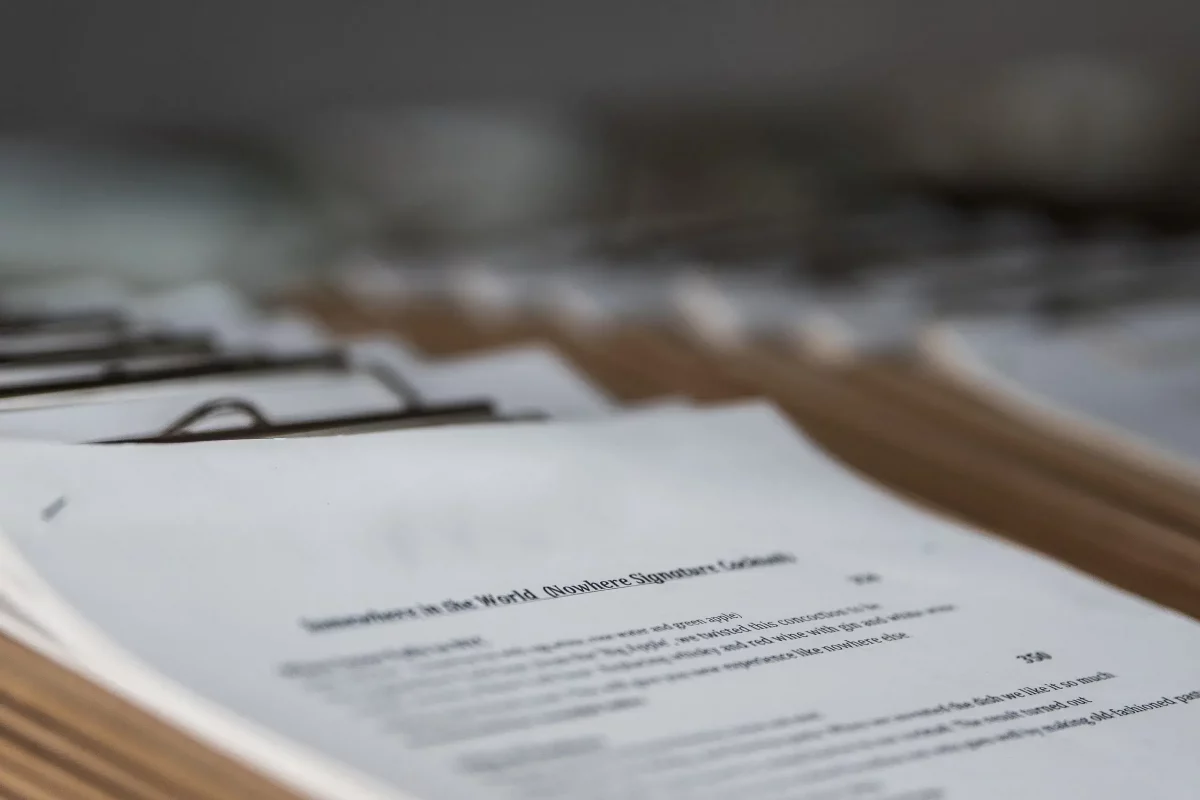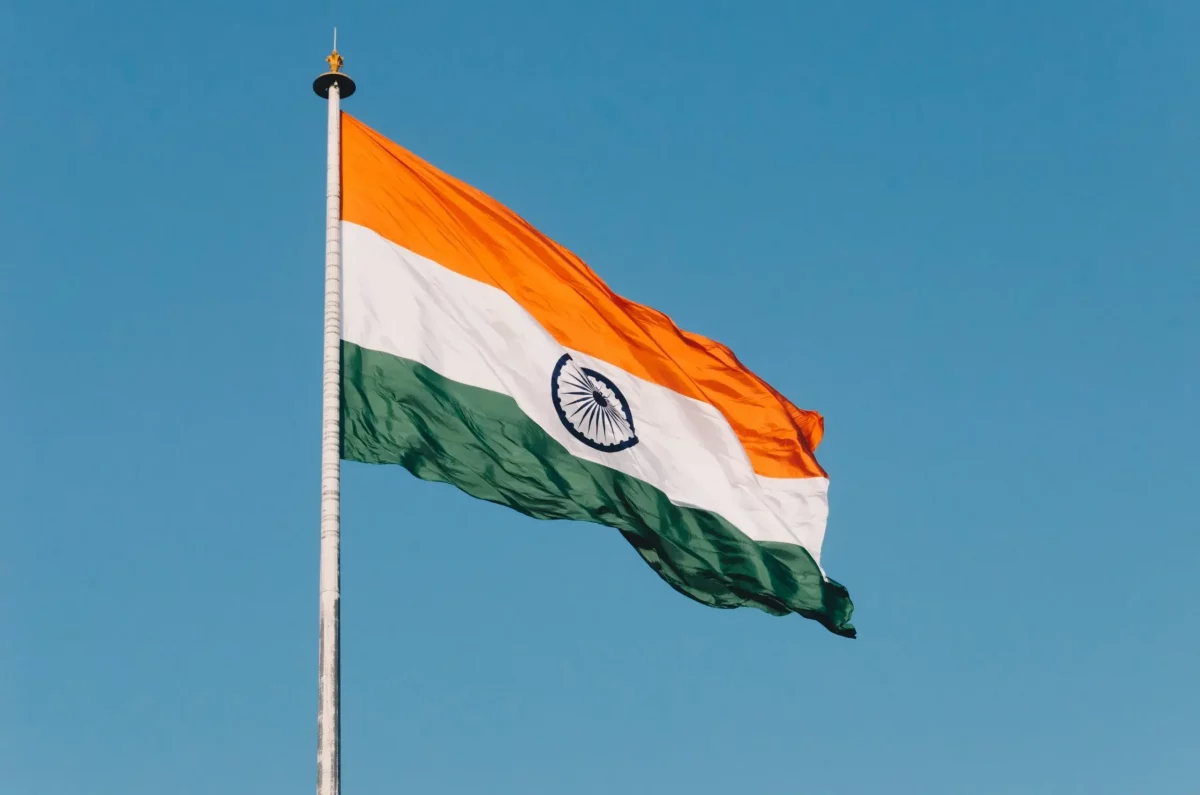Philippines-Singapore DTAA: Double Tax Avoidance Agreement
This guide provides an overview of the Philippines-Singapore Double Tax Treaty, one of the numerous economic bilateral agreements between the two countries. The article describes the scope of the treaty, types of taxes covered, specific rules on taxation of different types of income, rules that govern the elimination of double taxation, and other pertinent issues covered by the agreement.
If you are planning to incorporate a Singapore company and do business with the Philippines, this guide will help you understand the tax treatment of various sources of Philippines-related income for your company.
Philippines-Singapore Relations
We Have Helped Thousands Incorporate In Singapore
What is the Philippines-Singapore Double Tax Treaty?
The Singapore-Philippines Avoidance of Double Taxation Agreement (DTAA) stipulates provisions for avoiding double taxation on the same income. Any income taxable in both countries will be taxed only in one country, or in both but at reduced rates. This tax reduction has been developed to encourage cross-border trade and other business activities between the two countries.
Singapore and the Philippines concluded a DTAA in 1977. The agreement ensures that any income normally taxable in both countries will be taxed in only one of them. The provisions of this DTAA are reviewed in more detail below.
Scope of the Philippines-Singapore Double Tax Treaty (DTA)
How is Tax Residency Defined Under the Singapore-Philippines DTA?
What Taxes Will I Owe Under the Philippines-Singapore Double Tax Avoidance Agreement?
In Which Country Will the Income be Taxed?
Type of income or payment
Where it is taxed
Income from immovable property
Business profits
Permanent Establishment profits
Profits from shipping and air transport
Profits from the operation of ships or aircraft used in international traffic are taxable only in the state where the enterprise that owns the vehicle is a resident (i.e. where a company is managed and controlled).
May also be taxed at reduced rates in the state where ships or aircraft are operated.
Dividends
Interest
Royalties
Personal services
Directors’ fees
Income of artists and sports persons
Pensions
Government payments
Payments to students and trainees
Payments to teachers and researchers
Protect Your Income From Excessive Taxation
Conclusion
As Singapore and the Philippines become integrated into the global trade system, a rising proportion of their firms are establishing businesses abroad and deriving income from overseas jurisdictions. One of the main regulatory instruments that helps Singapore and Philippines companies reduce their tax burden is the DTA signed between the two jurisdictions.
Comprehensive knowledge and familiarity with the rules for double taxation relief are crucial when establishing corporate structures that span the two countries or while filing annual income tax returns. When in doubt, consulting qualified tax experts will reduce your tax risk, optimize your taxes and ease your life. Please contact us to ensure you don’t lose out on opportunities for claiming double-tax relief in Singapore.
Related Articles
Double Taxation Agreements Guide
Singapore-India Double Tax Treaty
Singapore's Tax System and Types of Taxes




















